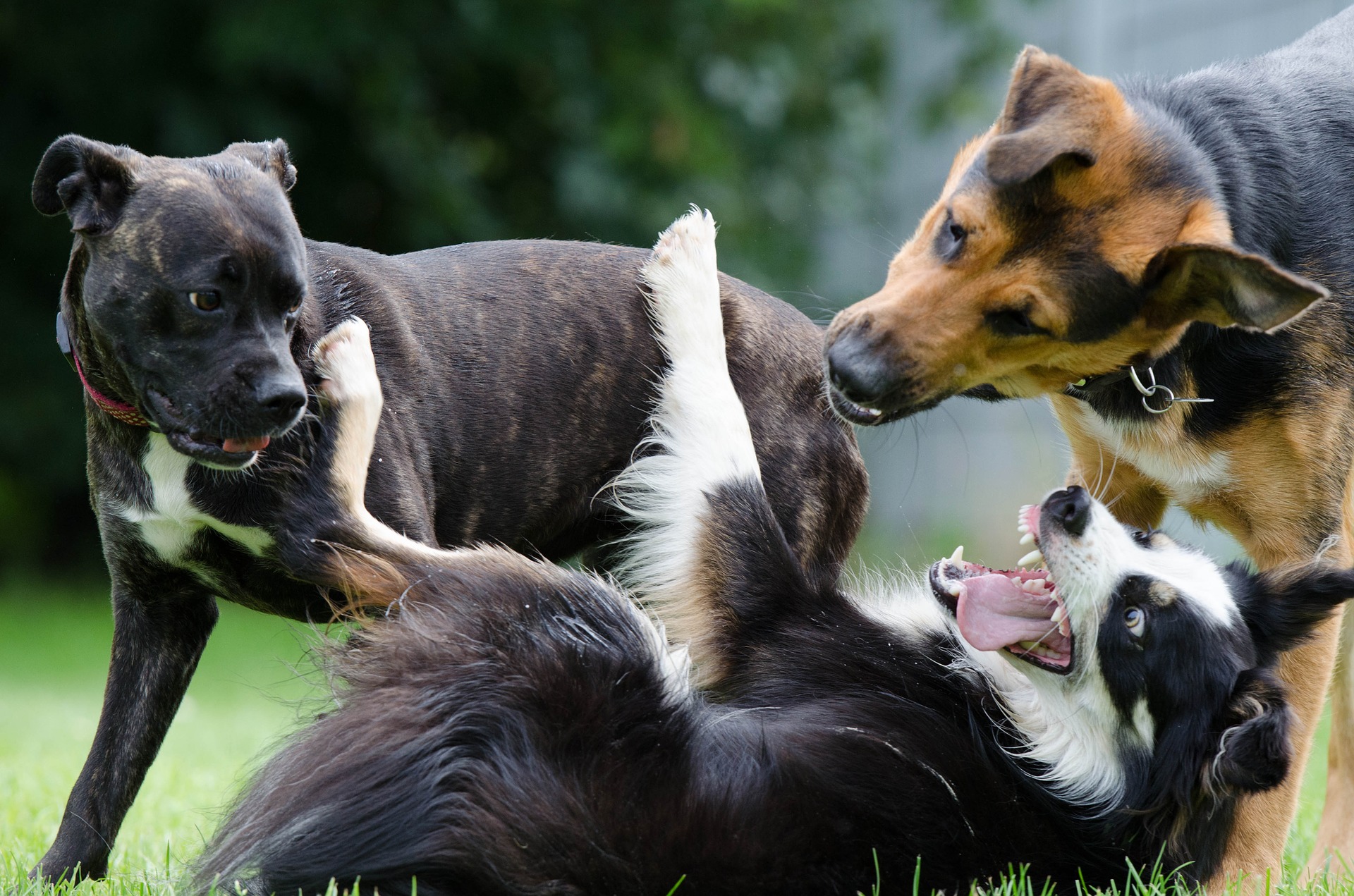Just as humans go through the teenage phase, so too do puppies on their way to adulthood. Dogs experience adolescence once they reach 6 to 18 months. During this period, your adolescent dog (just like your kids) is ruled by their changing hormones. It’s common to experience rebellious tendencies and sudden changes in your dog’s behavior, training, and energy levels. Even though your dog has started to look like an adult now with their adult coat, long, gangly legs, and adult teeth, they are not mature yet. If you’re unprepared or not expecting this intermediate stage between puppyhood and adulthood, it can be quite confusing and frustrating. Here’s what you need to know to prepare yourself for the puppy adolescent phase.

Raised Energy Levels: Everyone expects high energy levels from puppies, but these bursts of energy are usually accompanied by regular and frequent naps. When it comes to teenage dogs, however, their energy is seemingly boundless. This new spike in energy can be overwhelming, so this is a great time to take the opportunity to socialize your dog with other pups around the same age. They’ll gain essential social skills while also running around and expending their energy so that they are able to be calmer and more focused at home afterward. You’ll find that tiring out your adolescent dog in any way–be it a trip to the dog park, a long game of fetch, or accompanying you on a hike or run–will benefit you both greatly.
Chewing: With their new adult teeth, adolescent pups are avid chewers. Be especially watchful over your dog if they haven’t been exercised fully yet each day, as boredom and elevated energy levels often lead to mischief such as chewing or tearing. Be sure to provide your teenage dog with plenty of toys they’re allowed to chew on to safely expend excess energy. It’s recommended that you keep your dog cordoned off or crated in a puppy-proof area when left alone in the house, as they can cause a significant amount of damage at this stage if allowed to roam unsupervised. Once they’re past the raging hormones of the adolescent phase, they will be more in control of their impulses and thus more trustworthy to be left alone.
Potty Training Regression: A lot of dogs experience potty training regression during their teenage phase. For males, this is often a response to their hormonal impulse to mark their territory. Female dogs experience their first heat around 6-8 months, and may urinate to let male dogs know that they are ready to mate. Getting your dog spayed or neutered at the appropriate time (about 6 months for most dogs, but consult your vet for your pup’s specific circumstances) significantly decreases the chances of hormonal urination during adolescence and the rest of their life. However, even if your pup is fixed at the right time, they may still experience potty training regression simply because they tend to forget some of their previous training at this age.
Memory Lapses: Have patience with your pup during this time. The hormonal changes occurring in their brain can make them distracted, leading to them forgetting verbal or hand cues. If they aren’t at the same training level they were a month or two ago, don’t worry–just take your training back a step or two and work back forward from there. Support, encouragement, and patience will quickly help your pup begin progressing once again.
Dog training at any stage of life is necessary for your dog to be a happy and functional member of the family. Your adolescent dog needs love, patience and guidance – if you need help, call the experts at Gulf Coast K9 Dog Training.




